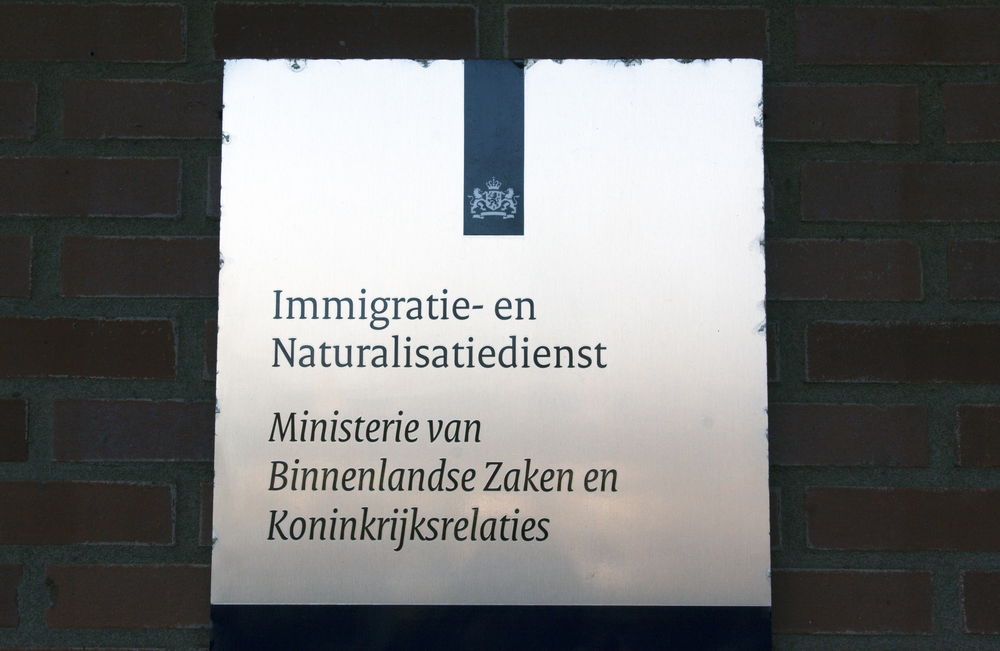Immigration service warns new asylum rules will increase workload

The Dutch immigration service has again warned that legislation to bring in stricter rules on asylum will lead to major problems and a far greater workload.
The draft rules were passed in the lower house of parliament this summer in a chaotic session but still need to pass through the upper house.
The plans include cutting refugee residency permits from five to three years, making family reunions more difficult, and making a distinction between refugees fleeing war and those who face persecution.
An IND assessment of the likely impact of the new rules shows they will lead to “a lot” of extra work for the service, director Rhodia Maas has told ministers. “In particular, the dual status system, limits to family reunions and extra checks on families will create much more work.”
It is therefore not realistic to expect the service to continue to handle the same number of cases while giving it extra work and increasing the work that each assessment requires, Maas told the ministers. The IND is already struggling to cope with a backlog of thousands of assessments.
The agency earlier suggested waiting to adopt new rules until the EU had completed its asylum and migration pact, which is due to be implemented next year.
The ministers said in a reaction that they recognised the impact the new rules will have and that this is why “clarity about the legislation is needed as soon as possible, so that the IND can begin implementation.”
However, it is still unclear if the legislation will pass in the upper house of parliament, and the general election on October 29 could present additional problems.
Housing priority
Meanwhile, housing minister Mona Keijzer has said she will press ahead with measures to stop refugees being given priority over locals when it comes to housing, despite a serious warning from the Council of State that this would be unconstitutional.
Local authorities are allowed to give refugees priority in an emergency, but Keijzer wants to remove this option. Currently, just one in 10 vacant social housing units are earmarked for refugees.
Around 18,000 people are currently living in formal refugee accommodation who should already have moved to regular housing but cannot do so because of the shortage of homes. In principle, refugees must be housed within 10 weeks of receiving a residence permit, but this rarely happens.
Thank you for donating to DutchNews.nl.
We could not provide the Dutch News service, and keep it free of charge, without the generous support of our readers. Your donations allow us to report on issues you tell us matter, and provide you with a summary of the most important Dutch news each day.
Make a donation